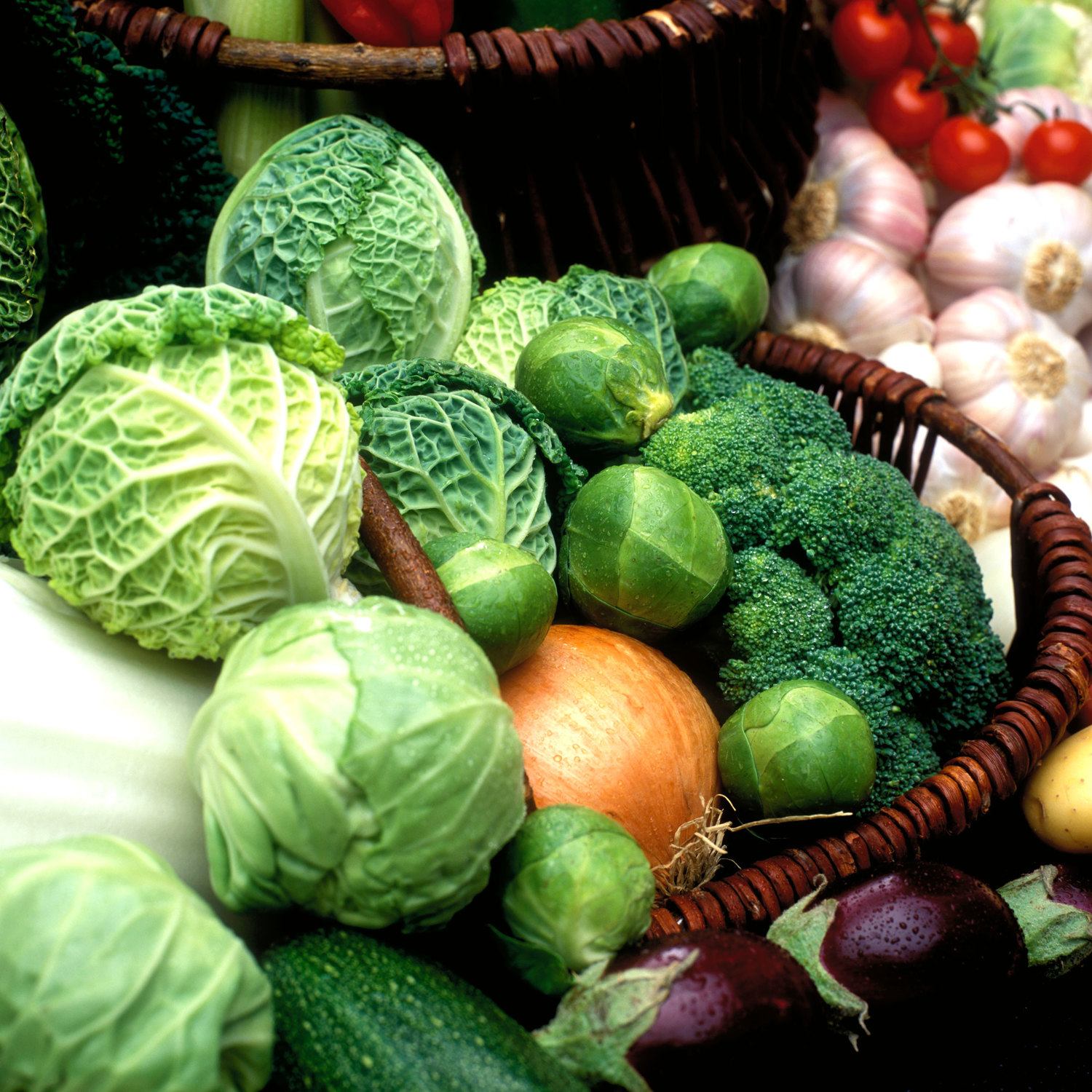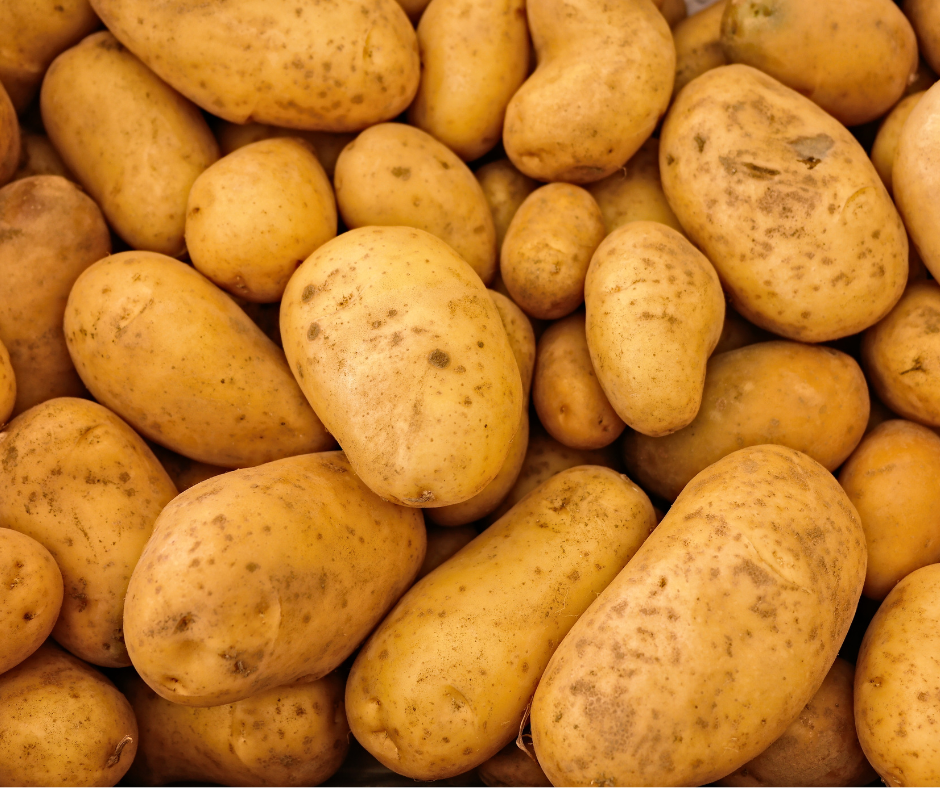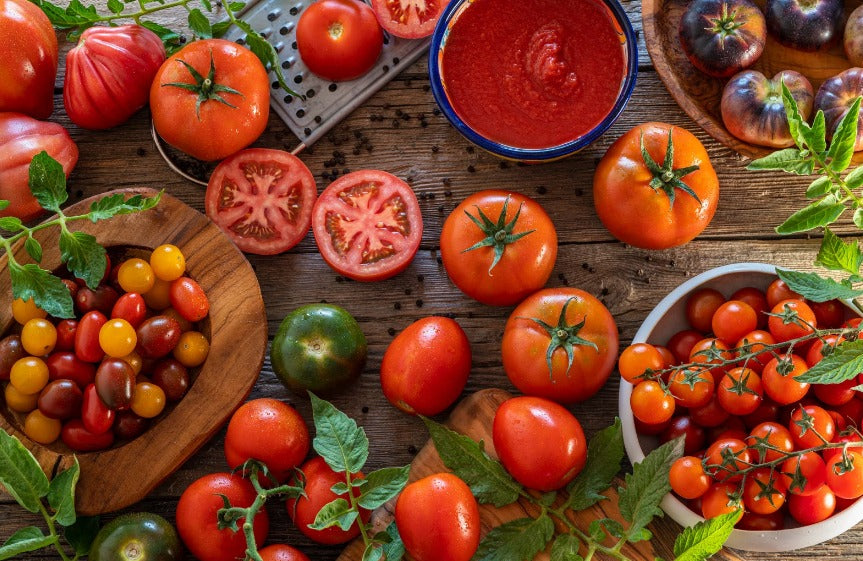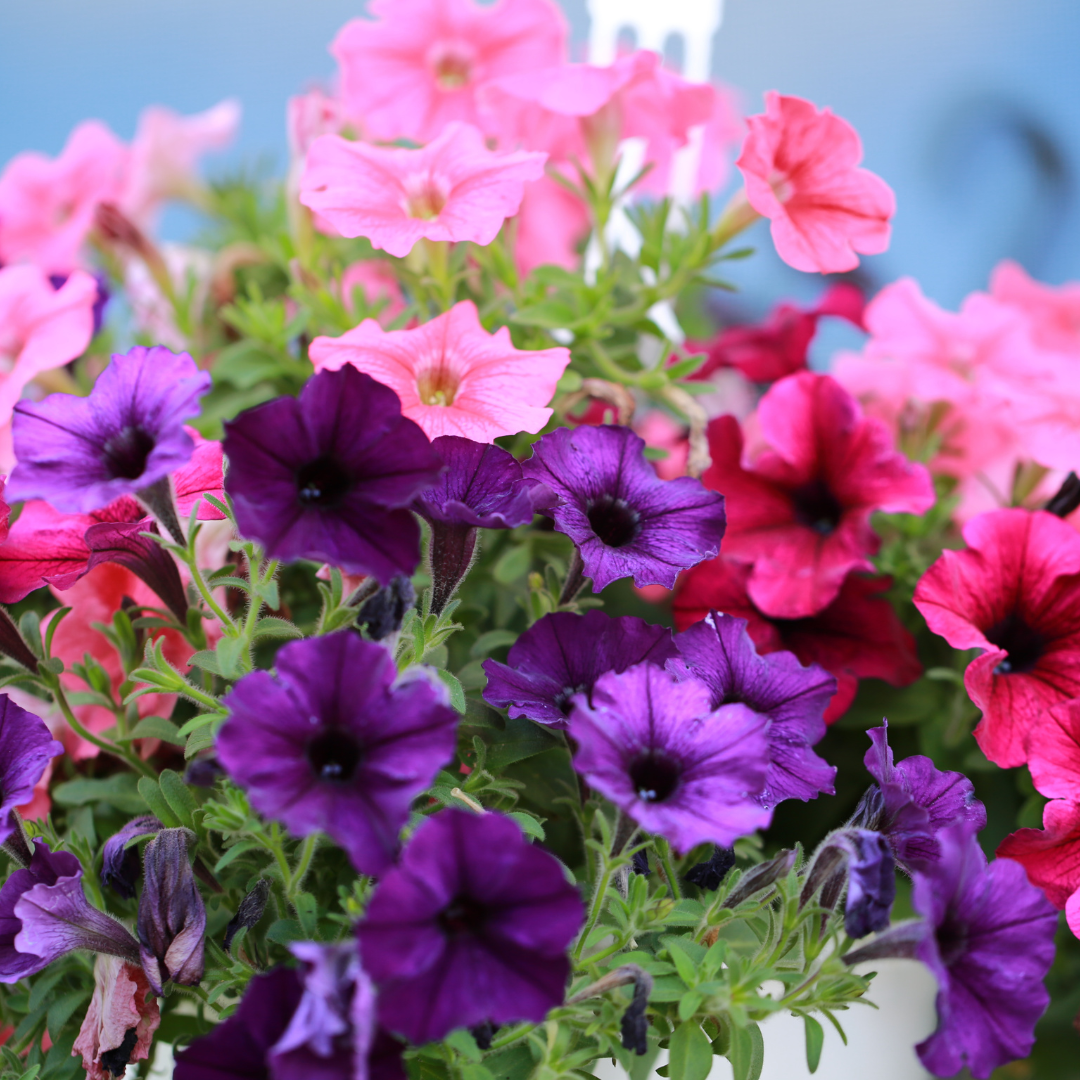Winter vegetable gardening is fun, easy and rewarding. Home grown winter vegetables are fresh and healthier for your family, and will save you money too.
Requirements
Raised gardens are best. Your winter vegetable patch will need adequate drainage to cope with the winter rainfall. Avoid water logged areas, as this can rot the plant’s roots. Make sure your plot is exposed to as much light as possible. Areas that are mostly shaded on winter days will generally produce poorly.Preparation
If you already have an established vegetable garden, then autumn is a good time to strip out all summer plants that have finished producing. Dig through Garden X Compost or vegetable mix to enrich the soil and improve drainage. Add Tui Sheep Pellets or Poultry Compost at this stage also. If you are planning to leave your vege garden over winter, plant a beneficial ‘green crop’ of lupin, mustard or peas. These can be dug into the soil which adds nitrogen, and conditions the soil in early spring before flowering for your next summer crops.Patio patch
Winter is a good time to use a warm, sheltered patio area to grow vegetables and winter herbs in pots, troughs and hangers. Easy to access with the ability to move containers if necessary, the patio can be the perfect place to grow veges like winter lettuce, spinach, silverbeet, celery, parsley and kale that grow well in pots.What to plant
Palmers range of premium vegetable seedlings changes with the seasons, replacing warm weather varieties with new selections, better suited for cooler, shorter days. Improved varieties are bred for high yields, better performance and low maintenance. Selections are made from the best varieties to plant for the coming seasons and new varieties are offered at their optimum planting times. Growing information is printed on the back of each label to help gardeners maximise their success.Popular winter vegetable seedlings:
- Broad beans
- Broccoli
- Brussels sprouts
- Cabbage
- Celery
- Parsley
- Cauliflower
- Silverbeet
- Spring onion
- Spinach
- Winter lettuce
- Kale
These winter vegetables can be sown from seed late summer for planting out in autumn:
- Artichoke
- Endive
- Parsnips
- Rhubarb
- Carrots
- Leeks
- Peas
- Cress
- Onions
- Radish
Maintenance
With ample rainfall and less pest and disease problems through winter, maintenance of your winter vege patch is greatly reduced. Vegetable (and weed) growth is much slower in cool conditions and many gardeners can keep on top of any maintenance quickly and easily. Applying an autumn mulch of Tui Pea Straw will restrict weed growth and help to keep the root zone of winter plants warm. Some crops may also require a cover of frost cloth overnight to protect young tender tips. We recommend regular slug baiting. Choose bait that lasts longer in wet conditions such as Tui Quash which is good as it is safer around kids and pets. Intervals for planting successive crops can be extended due to longer growth to harvest times. A small vege plot may only need 2 to 3 crops planted at 10 to 12 week intervals to cover the full season, so maintenance is mostly spent picking your tasty rewards, and that’s the best job of all! Take other family members, children and pets out for a quick winter adventure whenever weather conditions allow. This ‘How To’ Guide has been produced to provide basic information and our experienced staff are available to answer any questions that you may have. Because this guide is of a general nature, neither Palmers nor its staff are responsible for the application of the information, as the contents may need to be modified for individual projects and site applications.
This ‘How To’ Guide has been produced to provide basic information and our experienced staff are available to answer any questions that you may have. Because this guide is of a general nature, neither Palmers nor its staff are responsible for the application of the information, as the contents may need to be modified for individual projects and site applications.





















